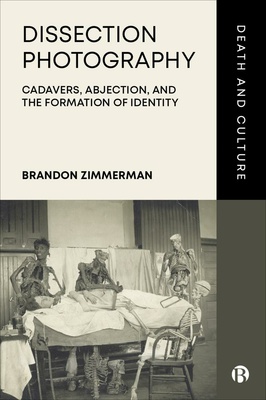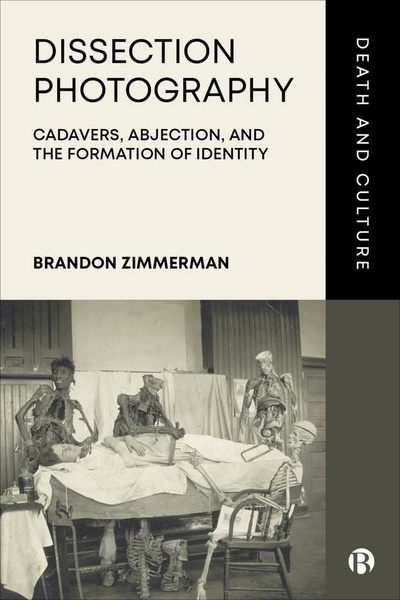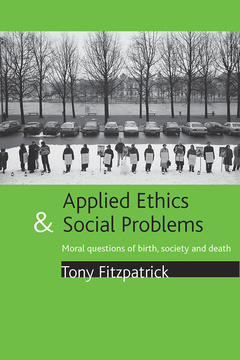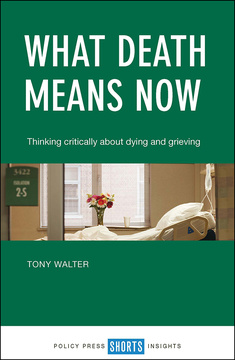ISBN
978-1529222180Dimensions
234 x 156 mmImprint
Bristol University PressISBN
978-1529222197Dimensions
234 x 156 mmImprint
Bristol University PressISBN
978-1529222197Dimensions
234 x 156 mmImprint
Bristol University PressContemporary audiences are often shocked to learn that in the late 19th and early 20th centuries, medical students around the world posed for photographic portraits with their cadavers; a genre known as dissection photography.
Featuring previously unseen images, stories, and anecdotes, this book explores the visual culture of death within the gross anatomy lab through the tradition of dissection photography, examining its historical aspects from both photographic and medical perspectives.
The author pays particular attention to the use of dissection photographs as an expression of student identity, and as an evolving transgressive ritual intricately connected to, and eventually superseding, the act of dissection itself.
“Vividly detailed, incisively analytical, and thoroughly engaging, this is a welcome contribution to our understanding of dissection room portraiture, an iconic genre of medical photography and a revealing wedge into turn-of-the-century medical culture.” John Harley Warner, Yale University
Brandon Zimmerman has worked as an exhibit developer, designer, curator, and consultant for numerous museums, libraries, and archives throughout the United States for 20 years. He holds an MA in Photographic Preservation and Collections Management from the University of Rochester.
Introduction: My Companions in Misery
1. The Stages of an Evolving Genre
2. Photography Is Dead
3. Defining Disgust: Abjection, Photography, and the Cadaver
4. Is Dissection Photography Really a Genre?
5. Iconographic Ambiguities
6. A Necessary Inhumanity
7. No One Ever Did: Dissection Photography and Female Identity
8. Of Sharp Minds and Sharpened Tools: Dissection Photography and the Ambiguity of the Scalpel
9. Flesh in the Age of Mechanical Reproduction
10. Location, Location, Location
11. Anatomical Deuteranopia
12. To Begin without Fear
13. The Cadaver as (Self-)Portrait
Conclusion: “Learning to Fight Death Next to Death Itself”











